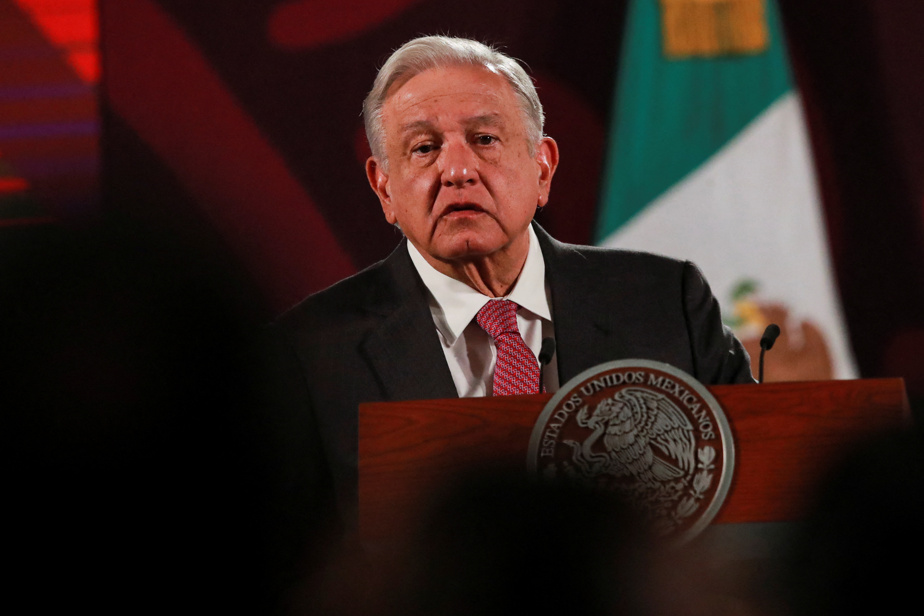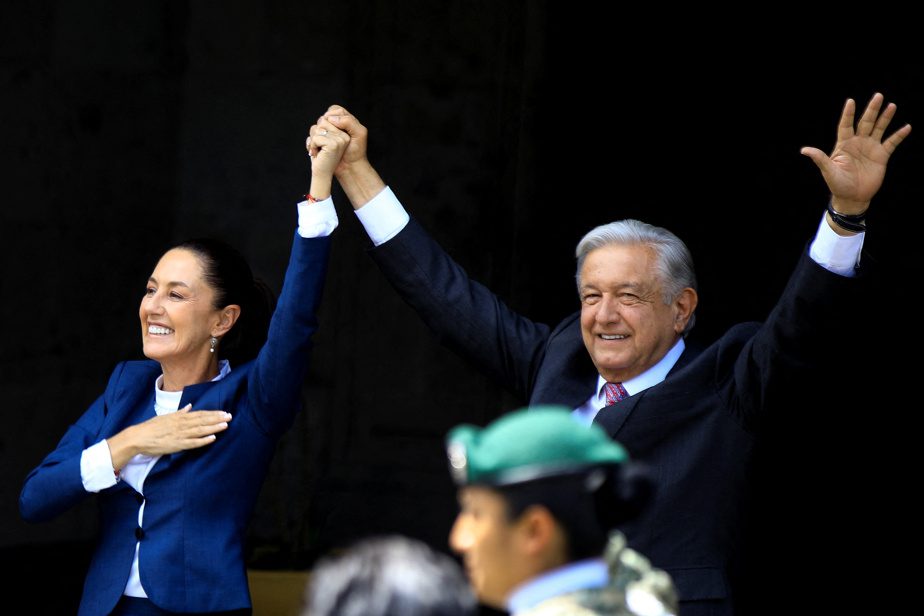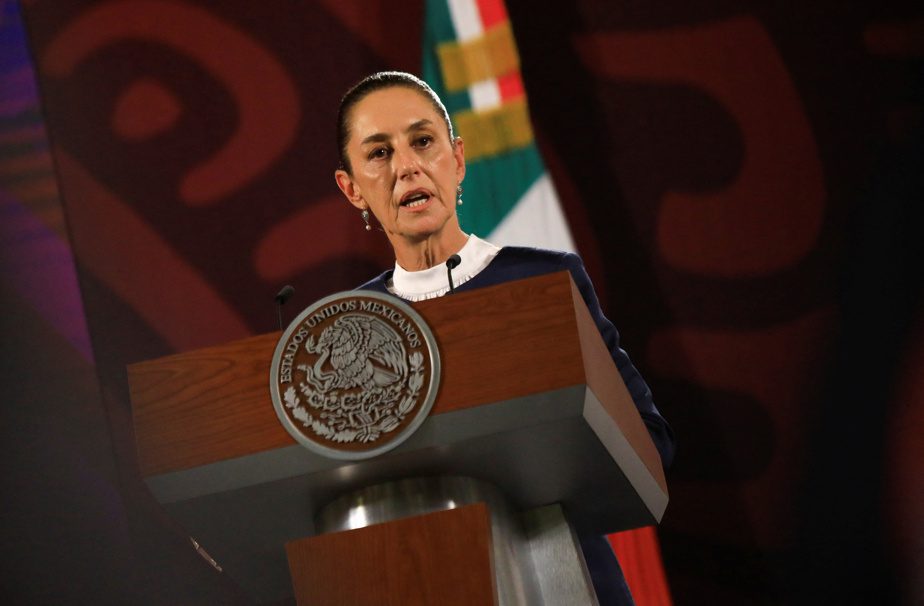
The landslide victory of the National Regeneration Movement (MORENA) and its presidential candidate Claudia Sheinbaum in Mexico's early June elections raises fears of an anti-democratic tide.
What is there to know?
In early June legislative elections in Mexico, the National Regeneration Movement (Morena) won a large majority in parliament and the party's presidential candidate, Claudia Sheinbaum, was elected head of state.
Analysts fear that outgoing President Andrés Manuel López Obrador will try to take advantage of this strengthened parliamentary majority before formally relinquishing power to pass a series of controversial reforms that would strengthen the executive.
The new president has been tight-lipped about her intentions on the matter, confining herself to saying that any changes to the legal system will be preceded by broad consultation.
Analysts fear that outgoing President Andrés Manuel López Obrador, known as AMLO, will use the substantial majorities won by the party in parliament to pass constitutional reforms that could dangerously strengthen executive power.
Ryan Berg of the Center for Strategic and International Studies (CSIS) suggested in a recent report that these reforms could be passed before Ms.me Scheinbaum, which will take place in October, one month after the mandate of recently elected deputies and senators.
According to Mr. Berg, this one-month period provides a “perfect opportunity” for President López Obrador, who in February presented a 20-point reform that was not approved due to insufficient majority in parliament.

Photo by Raquel Cunha, Reuters
President-elect Claudia Sheinbaum and outgoing President Andrés Manuel López Obrador in Mexico City on Monday
Although the tally is not final, Morena's leaders say they have secured the two-thirds “super majority” needed for constitutional amendments in the lower house and are close to that critical level in the Senate.
The proposed reforms would ensure that Supreme Court judges are elected, according to Mr. Berg, and could undermine the independence of the judicial system and expose magistrates to political influence.
The series of reforms also plans to reintegrate autonomous regulatory bodies into the government machinery and review the performance of the National Electoral Institute (INE).
The populist leader, who lost two presidential elections before coming to power in 2018, has long denounced the institution as a tool used by the country's economic and political elite to curb its growth and its wealth redistribution plans.
At the beginning of the year, he tried to drastically reduce the resources of the INE, which led to large popular demonstrations. The courts later invalidated the project.
Tony Payan, a Mexico specialist at Rice University in Texas, said he believes President López Obrador will use the time he's still in power to try to pass reforms he advocates and influence the country's direction. .
Does she follow her ancestors?
The big question is what Claudia Sheinbaum will do after being elected.
“It's hard to know what she wants. She's mostly silent,” the academic noted.
When a person becomes a newly elected official, they usually try to separate themselves from their predecessors. If she supports the constitutional reforms she wants, she will impose her agenda on her and back Morena. The party's glue is AMLO, not Claudia Sheinbaum, and she owes him a lot.
Tony Payan, Mexico specialist at Rice University, Texas
At a press conference on Monday broadcast by Agence France-Presse, the new president limited herself to saying there would be a “broad” debate on the judicial reform championed by her predecessor.

Photo by Raquel Cunha, Reuters
Claudia Sheinbaum was elected in the June 2 presidential election with nearly 60% of the vote.
Juan Pablo Micozzi, a political scientist based in Mexico, thinks warnings about the country's potential anti-democratic excesses are largely exaggerated.
After a stunning victory with nearly 60% of the vote, he asserted, the new president is unlikely to yield to the demands of her predecessor.
Mr. López Obrador is a “political animal” and no one expected him to “quietly return to his lands”. However, he cannot impose his orders on Mme Sheinbaum, Mr. Micozzi hopes she can maneuver if necessary to prevent highly controversial reforms from being debated and passed in parliament during the transition month.
She has nothing to gain if she rules only with AMLO's ideas. I don't think she plays a puppet.
Juan Pablo Micozzi is a political scientist based in Mexico City
Financial markets' worries about Morena's victory and constitutional reform projects have led to a significant depreciation of the peso, which could give the new president a break, the analyst added.
“Let's see the direction the country will take under his leadership. Abuse of power is theoretically possible, but I do not believe for a second that we will witness a new tyranny, that the country will become a new Venezuela,” stated Mr. Micozi.
Tony Payan, on the other hand, warned that the constitutional reforms under study risk taking Mexico back decades after the Institutional Revolutionary Party (PRI) monopolized election after election.
“AMLO wants to bring this system back for Morena. Who knows how long it will take to restore Mexican democracy if he wins?”, he warned.





